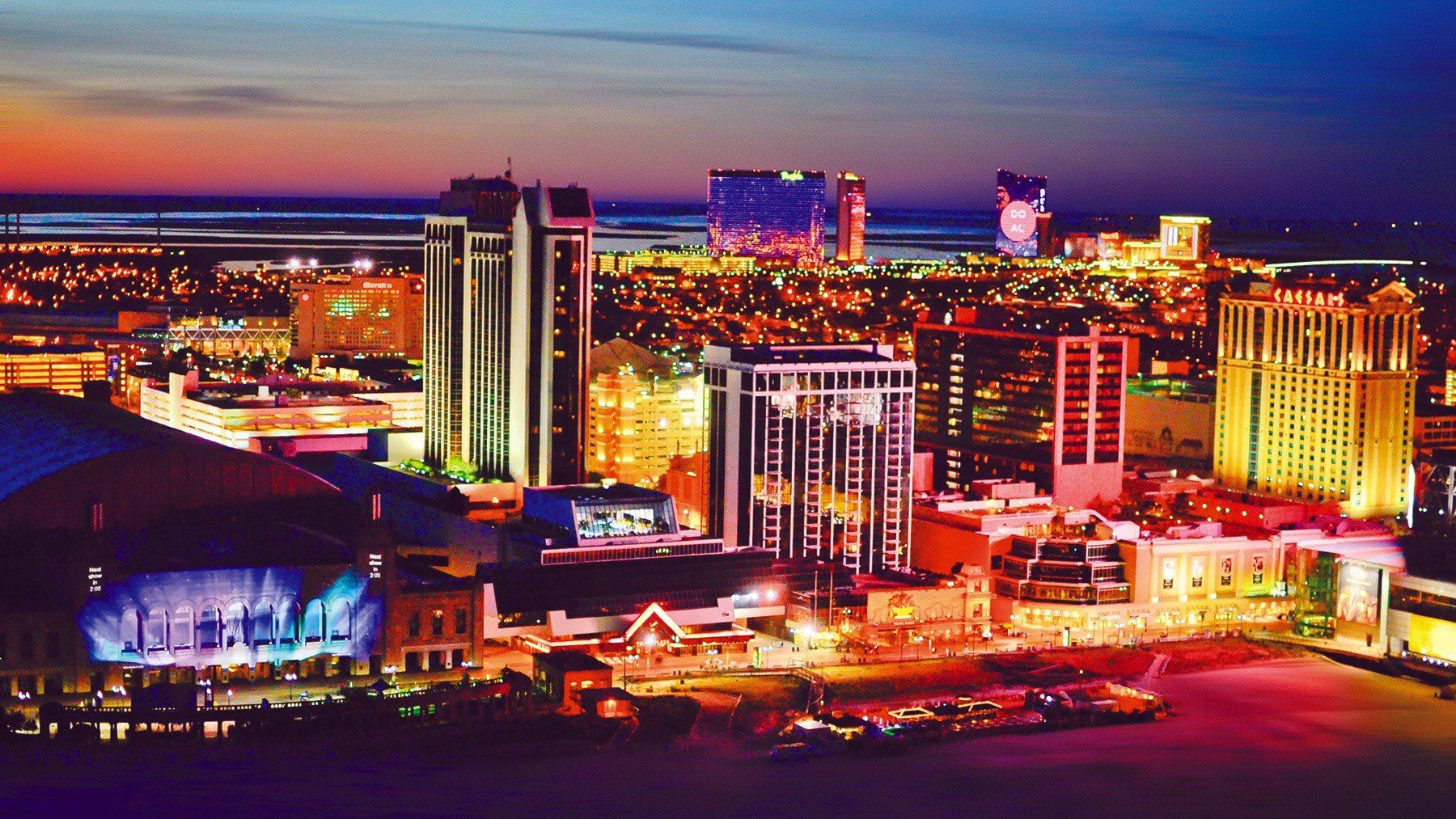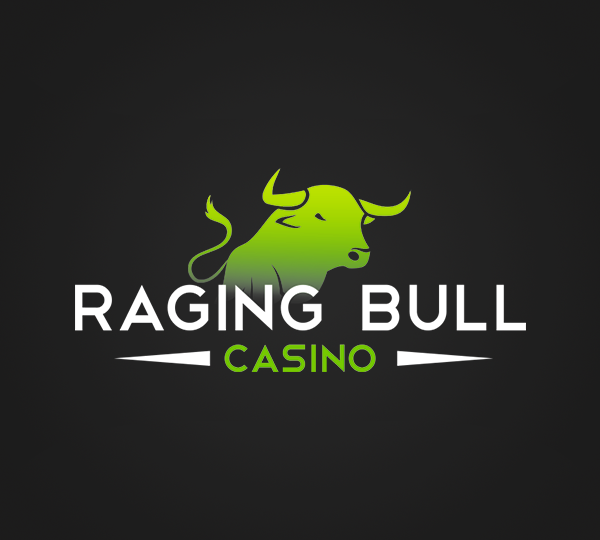
Atlantic City Casinos Will Have to Stick to 25% Capacity Limits for at Least 30 More Days
Even with the vaccination efforts underway all across the U.S., casinos are still far from seeing the COVID-19 restrictions on their operations relaxed. New Jersey is another example of just that: the state’s Governor Phil Murphy extended all COVID-19 measures that are currently in place for another 30 days on January 19.
This is the eleventh time the governor signed an executive order to extend the Public Health Emergency. It has to be done every 30 days, as well as “all actions taken by any Executive Branch departments and agencies in response to the Public Health Emergency presented by the COVID-19 outbreak”.
This means that the Atlantic City Casino Industry Summary Plan of Reopening Protocols (last updated on June 20, 2020) will remain in force. According to the document, casinos have to “limit the total number of patrons in and around gaming areas of a casino hotel facility to 25 percent of total occupancy limits, not including employees”. Since November 12, casino venues are prohibited from serving food and drinks between 10 pm and 5 am, except room service and takeout.
So, Atlantic City casinos will remain limited to a quarter of their capacity for at least 30 more days – although it feels like it has been forever since the cap went above the 25% threshold. They’ll have to keep up with other rules, too – like keeping one position empty between table game and slot machine seats to ensure social distance guidelines are followed and limiting the number of players at a table per game.
How the pandemic – and all the restrictions that came with it – impacted the Atlantic City casino industry is already reflected in its latest performance indicators for 2020. According to the state regulator, the gross gaming revenue totaled $2.881 billion in 2020 – a 16.9% drop compared to $3.469 billion in 2019.
The only reason the year-on-year decrease remained in the low digits is thanks to a surge in internet gaming and sports wagering revenues (they rose by 101% and 33.1%, respectively). Casinos weren’t as lucky – they saw a 43.7% drop in annual revenues, pulling in only $1.5 billion in revenues. Most of the land-based casino operators reported severe decreases in revenues – Borgata saw its income decline by 52.4%, while Hard Rock earned 30.6% less than in 2019.
As we continue to work expeditiously to distribute vaccines, the COVID-19 pandemic is still in full swing. Continued access to necessary resources is important and critical as cases have continued to climb in New Jersey and across our nation.
According to Gov. Phil Murphy, vaccination efforts in the Garden State aren’t going as smoothly as hoped: the state has all the necessary infrastructure set up – yet it lacks around 470 thousand vaccine doses to meet the demand. Roughly 388 thousand doses have already been administered to New Jersey residents.
Among the first to receive a vaccine are healthcare workers, first-responders, those 65 and older, and people 16-64 years old with medical conditions.
As of January 19, 2021, the state of New Jersey had a total of more than 500 thousand confirmed COVID-19 cases, with a record-setting 6,922 daily new cases reported on January 14, 2021. The Garden State saw a sharp increase in daily new cases in mid-November 2020 – a telltale sign of a third wave – and the numbers stayed above 3,500 throughout January 2021. So, it’s unlikely the restrictions imposed on casinos (and the rest of businesses) will get relaxed any time soon.





